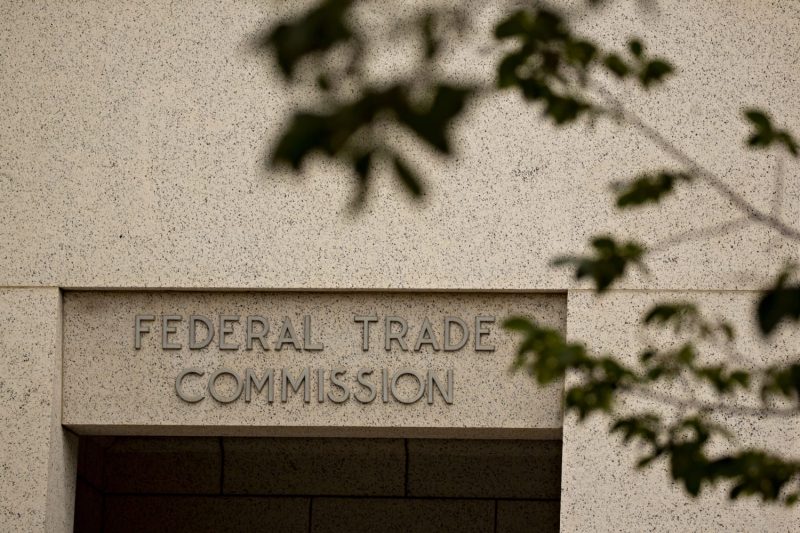
FTC’s Bombshell: Drug Middlemen Hike Insulin Prices, Face Accusations
The Federal Trade Commission (FTC) recently made waves in the pharmaceutical industry by accusing three major drug middlemen of inflating insulin prices, sparking a heated debate about the ethics of drug pricing practices and the impact on patients in need of life-saving medications.
Express Scripts, CVS Health, and OptumRx – three of the largest pharmacy benefit managers (PBMs) in the United States – have been thrust into the spotlight for allegedly engaging in anti-competitive behavior that led to higher insulin prices for consumers. PBMs act as intermediaries between drug manufacturers and health insurance providers, negotiating prices and managing prescription drug benefits for millions of Americans.
The FTC’s allegations center on the companies’ practices of imposing high list prices for insulin in an attempt to secure lucrative rebates and discounts from drug manufacturers. These rebates, which are meant to lower the overall cost of medications for insurers, are often not passed on to consumers at the pharmacy counter, leading to significant out-of-pocket expenses for patients.
The repercussions of this alleged price inflation are immense, with many individuals struggling to afford vital insulin therapy due to the soaring costs. Diabetes, a chronic condition that requires regular insulin injections to regulate blood sugar levels, affects millions of Americans and can have serious health consequences if not properly managed. The inflated prices set by PBMs not only strain the finances of those with diabetes but also create barriers to accessing essential medication, potentially jeopardizing the health and well-being of patients.
Critics of the PBMs argue that their opaque pricing practices and lack of transparency contribute to the pervasive issue of rising drug costs in the healthcare system. By manipulating prices and prioritizing profits over patient affordability, these middlemen have come under fire for their role in exacerbating the affordability crisis faced by many Americans who rely on prescription medications to manage chronic conditions.
The FTC’s decision to take action against these PBMs represents a significant step towards holding pharmaceutical companies accountable for their pricing strategies and ensuring fair competition in the market. If found guilty of anti-competitive behavior, the accused companies could face penalties and be forced to reform their pricing practices to align with consumer interests and regulatory guidelines.
In conclusion, the FTC’s accusations against the three major drug middlemen for inflating insulin prices underscore the urgent need for greater transparency and accountability in the pharmaceutical industry. The outcome of this case has the potential to reshape drug pricing practices, protect consumer rights, and improve access to affordable medications for individuals in need. It is crucial for regulatory authorities to continue monitoring and addressing anti-competitive conduct within the healthcare sector to promote fair pricing and ensure that patients receive the care they deserve without facing financial hardship.
